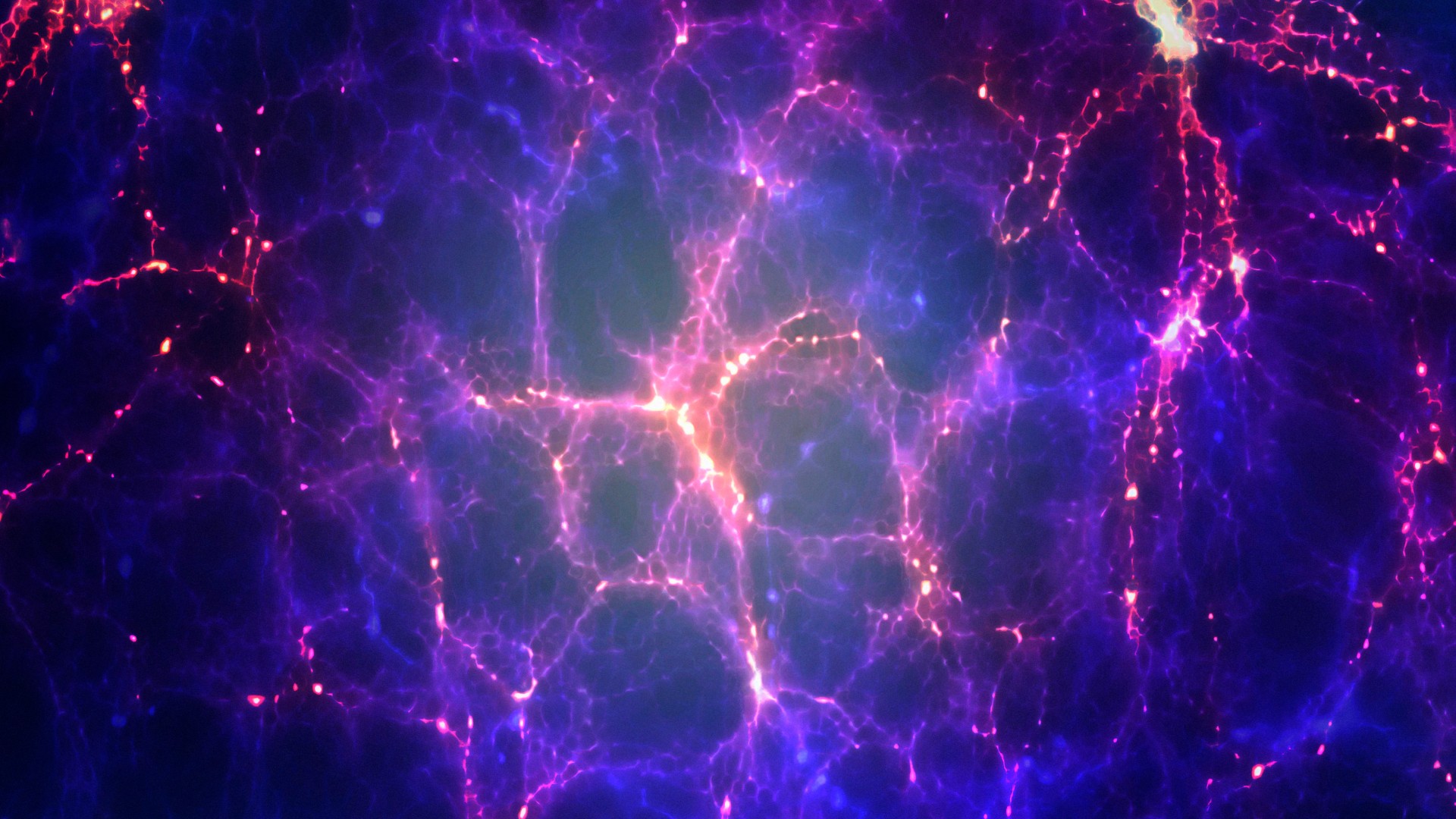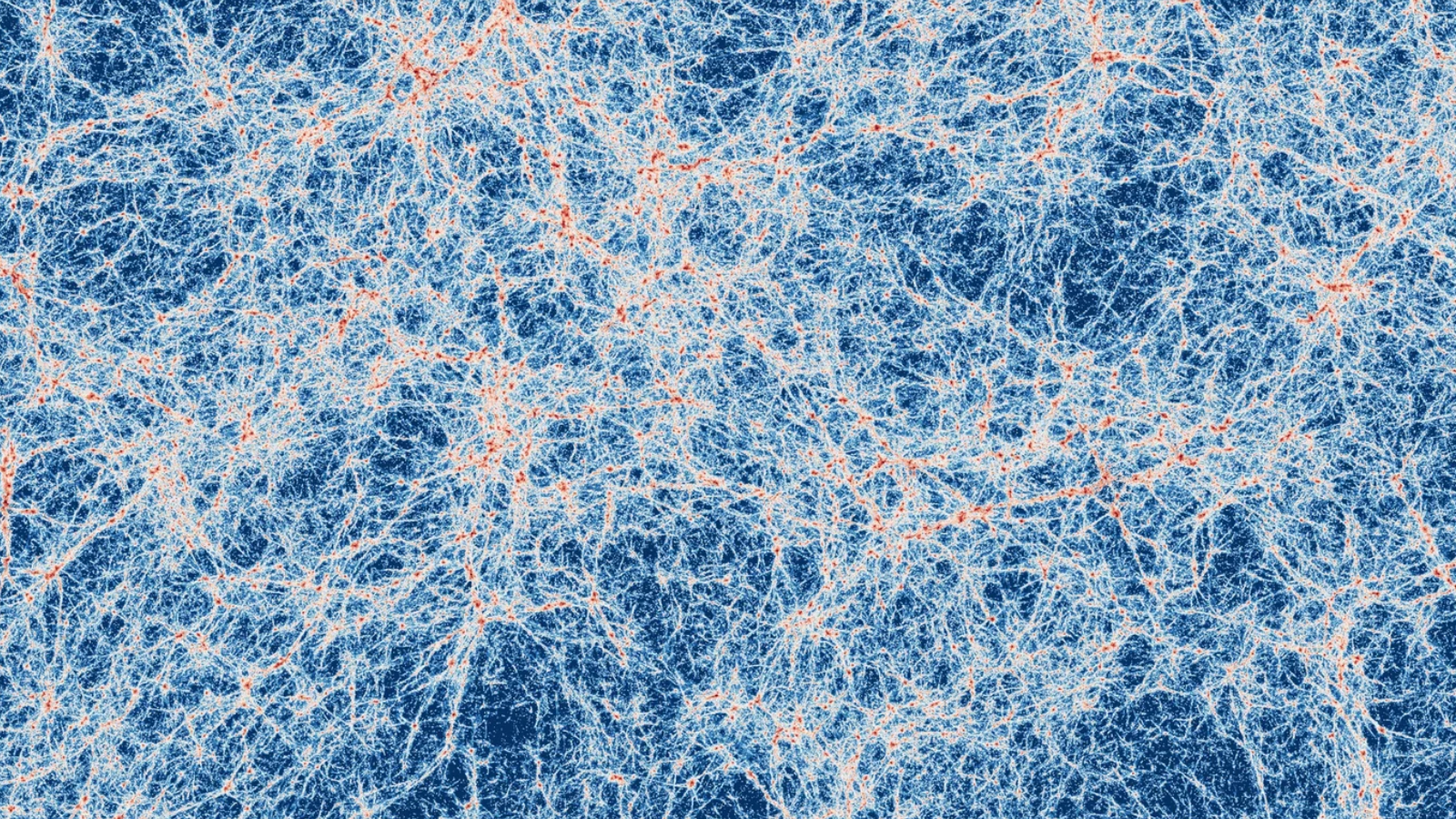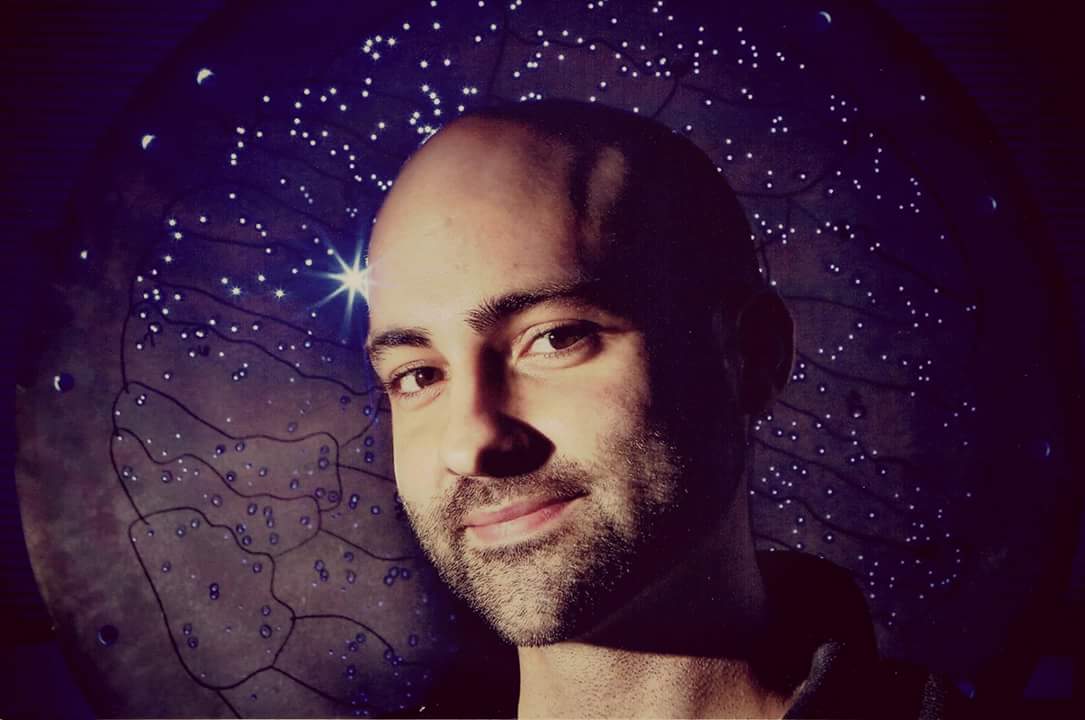
Magnetic fields appear to be as old as the universe itself. What created them?
Everywhere we look, we see magnetic fields. But where did they come from?

The universe is soaked in weak-but-persistent magnetic fields. Despite decades of research, astronomers still aren't exactly sure where these magnetic fields came from. But new research suggests they almost certainly originated in the deep history of the cosmos.
Everywhere we look, we see magnetic fields. Sometimes, the magnetic fields are relatively weak, like the ones that thread their way through the spiral arms of galaxies. Sometimes, they're medium-strength, like Earth's. Other times, they are incredibly strong, like the ones powered by magnetars.
Most of these magnetic fields have a plausible origin story. For example, the swirling dynamo of molten iron and nickel inside Earth generates our planet's field. But that's not the case for the largest structures in the cosmos. Those structures — like the galaxy clusters that are home to a thousand or more galaxies, and the filaments that stretch for tens of millions of light-years in length — host magnetic fields that twist and wind their way through their enormous volumes.
These magnetic fields are incredibly weak — on the order of a billion times weaker than Earth's magnetic field. But what they lack in strength they make up for in size — individual magnetic-field lines can stretch for tens of thousands of light-years, completely unbroken.
So how can the universe create such enormous magnetic fields? One possibility is that they are born in the very early universe, probably due to some exotic mechanism when the cosmos was only a few seconds old. Another idea is that they are created by extreme astrophysical objects, like the environments around supermassive black holes, and they get blown out to gigantic proportions relatively quickly.
The debate between these two origin stories has raged for years in the astronomical community. A pair of researchers based in Italy took on the challenge by measuring giant magnetic fields in the filaments of the cosmic web and then comparing those measurements with mock observations of simulated magnetic fields, to see if these filaments could be used to tease apart the two origin scenarios. Their work will be published soon in the journal Universe.

Filaments are long, thin threads of galaxies that stretch for tens of millions of light-years, connecting clusters like an intergalactic highway system. The researchers used several techniques to examine and measure the strengths of the magnetic fields within the filaments. For one analysis, they looked at a quantity known as the rotation measure, which is the amount of rotation that polarized light undergoes as it travels through these large magnetic fields. In another analysis, they used synchrotron emission, which is radiation emitted by electrons as they spiral along magnetic-field lines.
Breaking space news, the latest updates on rocket launches, skywatching events and more!
A comparison between their measurements and simulations suggested that magnetic fields likely originated in the early universe. This is because the magnetic fields tended to be stronger in the early universe than in the modern universe. Also, the magnetic fields did not get weaker the farther the filaments were from galaxies. If the galaxies themselves were responsible for generating the magnetic fields, the magnetic fields should be stronger in their vicinity. But this was not the case.
Although the research is far from conclusive, it suggests that the largest magnetic fields in the universe originated through some exotic mechanism that absolutely soaked the early cosmos. The next step is to identify that mechanism.

Paul M. Sutter is a cosmologist at Johns Hopkins University, host of Ask a Spaceman, and author of How to Die in Space.
You must confirm your public display name before commenting
Please logout and then login again, you will then be prompted to enter your display name.
